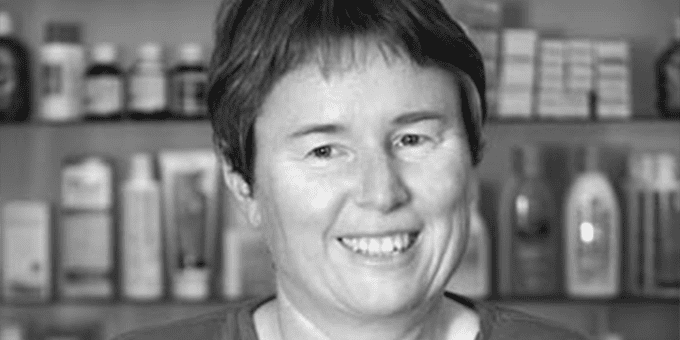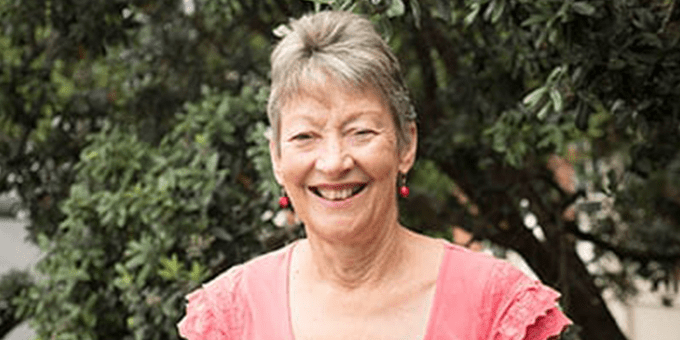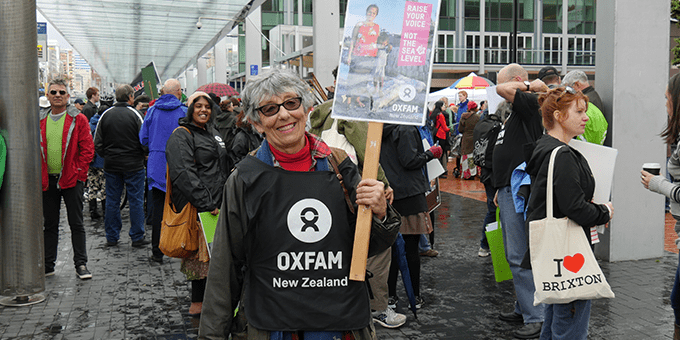
Pauline Norris could be described as one of Oxfam’s original supporters. She remembers supporting Oxfam back in the early 1990s when the organisation was initially established in New Zealand.
“In the early days of Oxfam New Zealand, Phil Twyford, who was the Executive Director back then, visited all the regular donors in person to find out why we’d chosen to give to Oxfam.” says Pauline.
A sociologist by background, Pauline is a Professor at the School of Pharmacy at Otago University in Dunedin. “My research focuses on access to and use of medicines. It includes research in the Pacific and with Pacific people here in New Zealand. I first came across Oxfam many years ago when I was reading about access to medicines in developing countries.
“What I like about Oxfam’s work is that it works to tackle the root causes of poverty. When I first started supporting Oxfam, most charities focused on child sponsorship. But I’m more interested in a community wide approach.”
Pauline has been an active member of the Dunedin Water for Survival group for more than 13 years. “We do various activities to raise funds for Oxfam’s water and sanitation work. Our biggest and best right now is selling Christmas trees,” adds Pauline. Last year the group raised an incredible $2,000 selling trees.
“In the late 1990s I made my first Will and it was then I decided to leave a bequest to Oxfam. It seemed like a great idea to me. It’s another way to support good work that I believe in, and I think more people should consider this option.”
“I’m pleased my support for Oxfam is helping whole communities to live healthier lives and building a better future for people living in poverty.”












